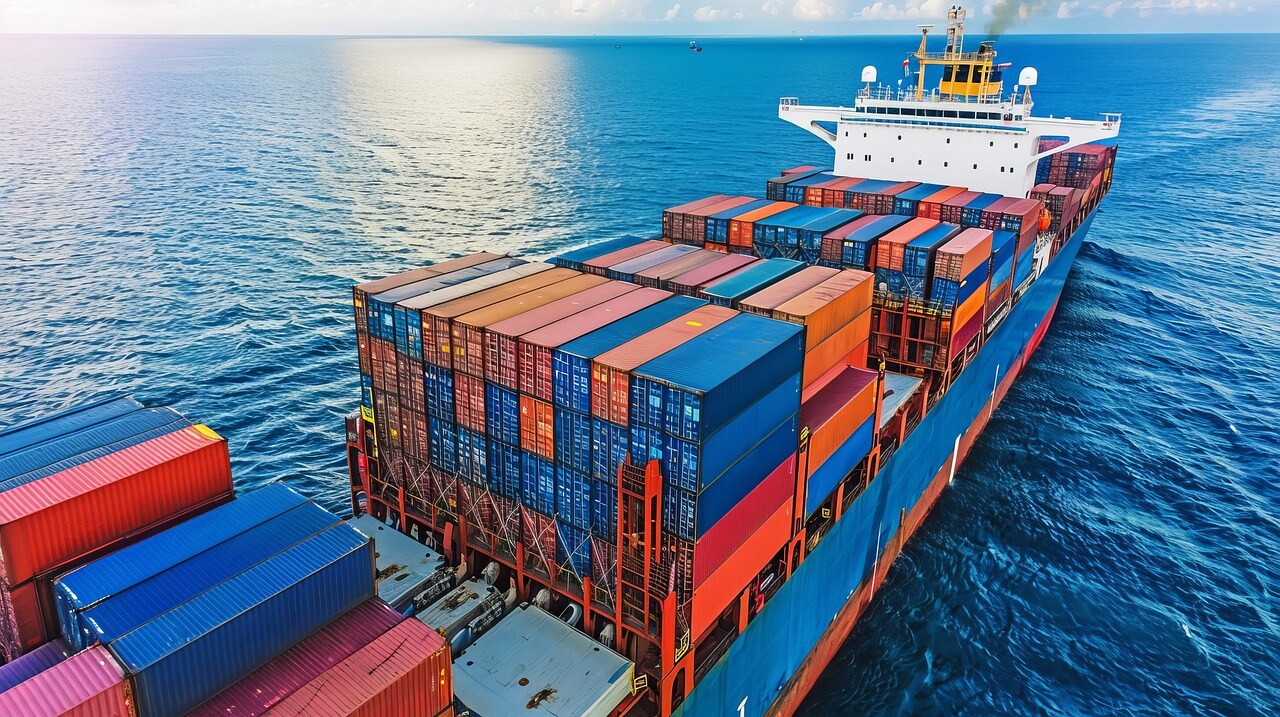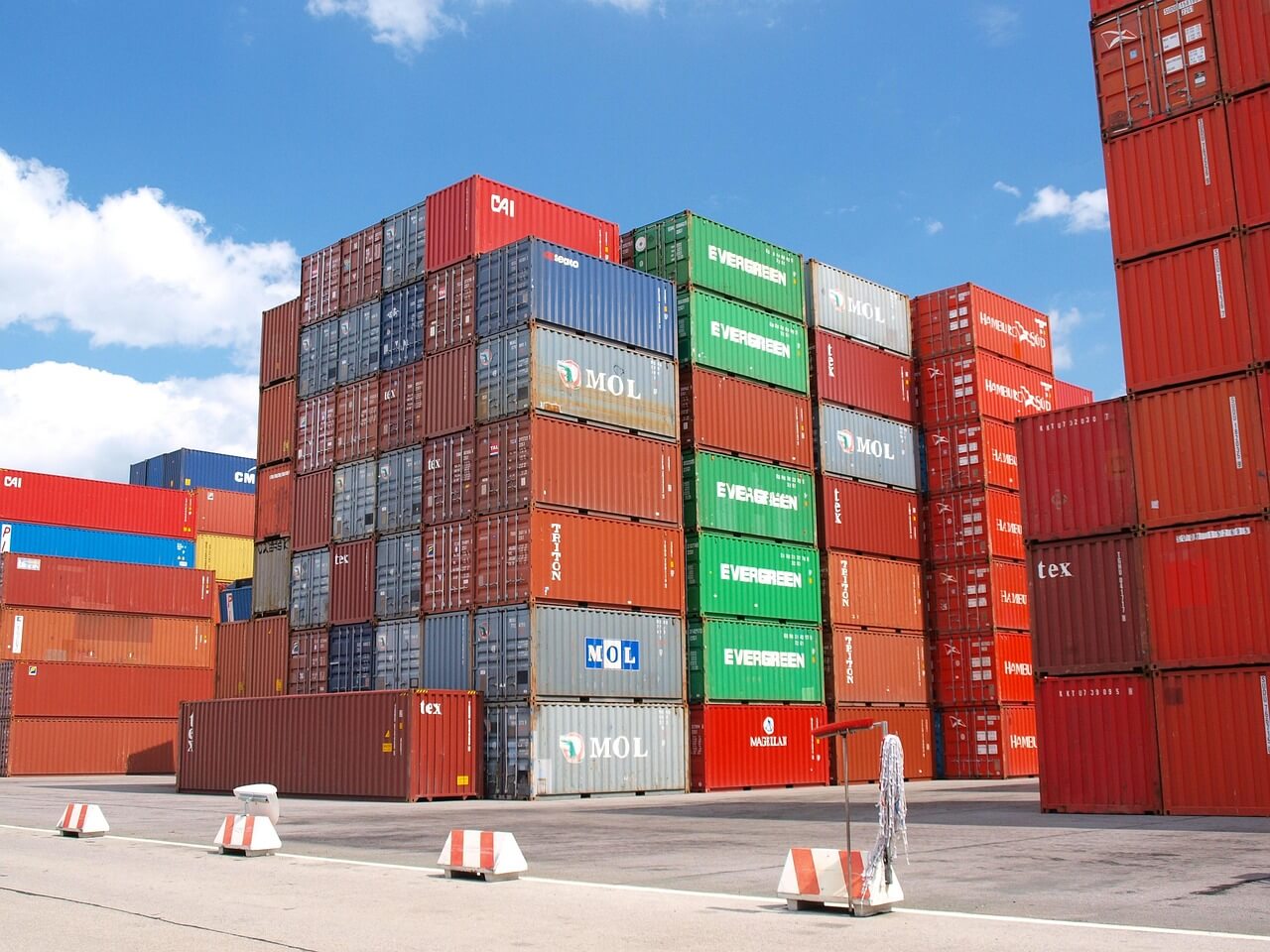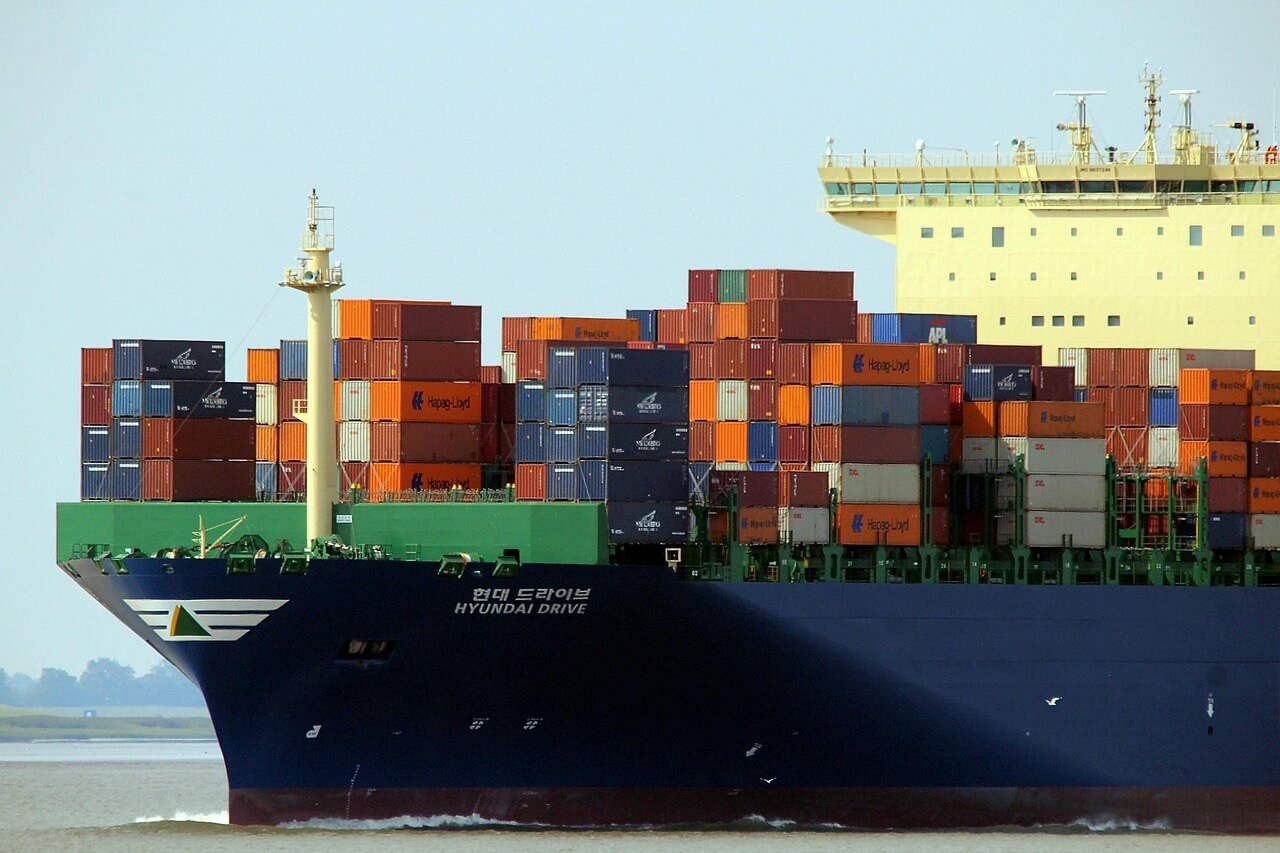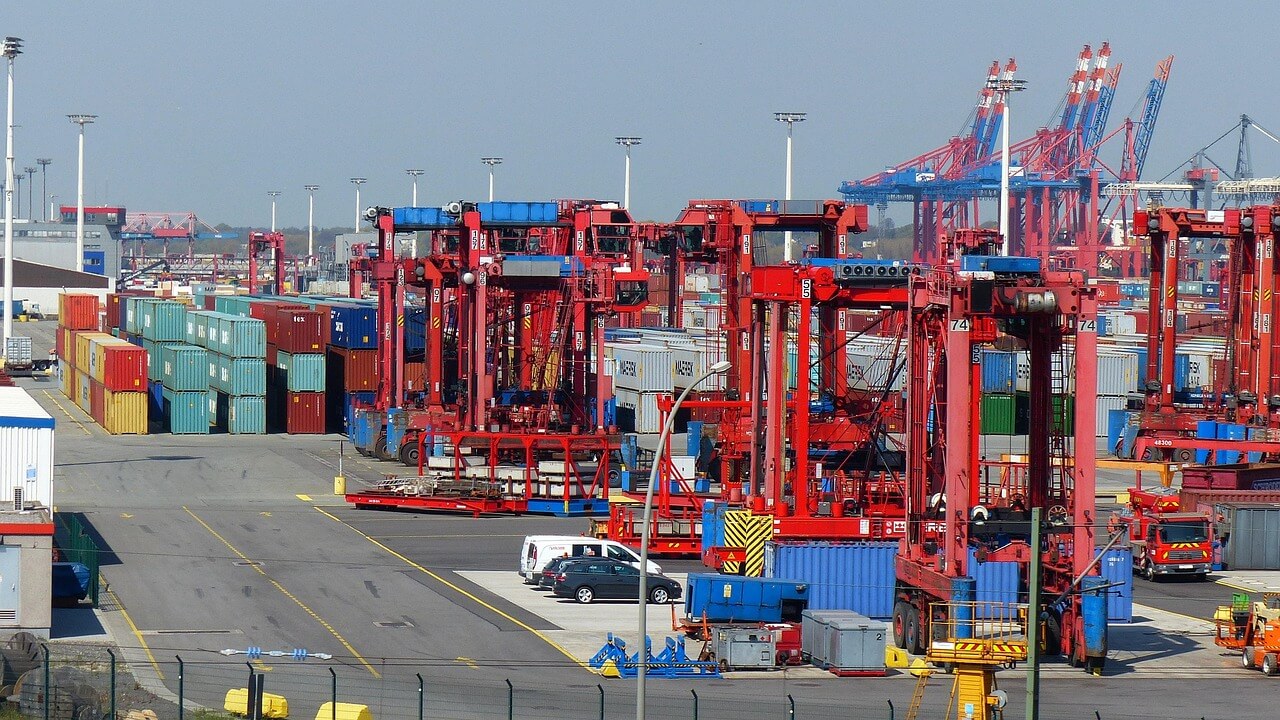
28
Apr
What are some tips for freight forwarders to handle import and export tariffs when exporting to Keny
**Export to Kenya: Strategies for Handling Import and Export Tariffs with Freight Forwarders**
When exporting to Kenya, managing import and export tariffs effectively is crucial for ensuring smooth logistics and avoiding unexpected costs. Freight forwarders play a pivotal role in this process, and with their expertise, they can help you navigate the complexities of customs clearance and tariff regulations. Here are some tips and strategies that freight forwarders can use to handle import and export tariffs effectively:
1. Understanding Tariff Structure:
It is essential to have a thorough understanding of Kenya’s tariff structure, including its rate classification system, free trade agreements, and other tariff-related policies. Freight forwarders should stay updated on changes in tariff regulations to ensure accurate cost estimations and clear customs efficiently.
2. Classification of Goods:
Proper classification of goods is crucial for determining the correct tariff rates. Freight forwarders should ensure that they classify the goods accurately according to Kenya’s Harmonized System (HS) codes. This helps in avoiding any disputes at customs and ensures proper payment of tariffs.
3. Duty Calculation:
Freight forwarders should calculate duties accurately based on the classification of goods and the applicable tariff rates. They should also be aware of any preferential tariff schemes or free trade agreements that could reduce duties on specific products.
4. Application for Customs Clearance:
Applying for customs clearance can be a complex process. Freight forwarders should prepare all necessary documents accurately and submit them in a timely manner. They should also be familiar with Kenya’s customs clearance procedures to avoid any delays or complications.
5. Using Duty Reduction Strategies:
Freight forwarders can explore various duty reduction strategies such as using free trade agreements, requesting duty deferments or drawback schemes, and seeking temporary tariff relief for specific products. These strategies can help reduce the overall cost of imports and improve cash flow.
6. Leveraging Technology:
Freight forwarders can leverage technology tools such as customs clearance software and online platforms to streamline the process of handling import and export tariffs. These tools provide real-time updates on tariff changes, automate duty calculations, and simplify customs clearance processes, leading to cost reduction and improved efficiency.
7. Building Relationships with Customs Officials:
Strong relationships with customs officials can help freight forwarders resolve issues related to tariffs quickly and efficiently. Regular communication with customs authorities can help identify potential problems early on and resolve them before they become bigger issues.
By following these strategies, freight forwarders can effectively handle import and export tariffs when exporting to Kenya, ensuring smooth logistics, minimizing costs, and avoiding any delays or complications during customs clearance.
When exporting to Kenya, managing import and export tariffs effectively is crucial for ensuring smooth logistics and avoiding unexpected costs. Freight forwarders play a pivotal role in this process, and with their expertise, they can help you navigate the complexities of customs clearance and tariff regulations. Here are some tips and strategies that freight forwarders can use to handle import and export tariffs effectively:
1. Understanding Tariff Structure:
It is essential to have a thorough understanding of Kenya’s tariff structure, including its rate classification system, free trade agreements, and other tariff-related policies. Freight forwarders should stay updated on changes in tariff regulations to ensure accurate cost estimations and clear customs efficiently.
2. Classification of Goods:
Proper classification of goods is crucial for determining the correct tariff rates. Freight forwarders should ensure that they classify the goods accurately according to Kenya’s Harmonized System (HS) codes. This helps in avoiding any disputes at customs and ensures proper payment of tariffs.
3. Duty Calculation:
Freight forwarders should calculate duties accurately based on the classification of goods and the applicable tariff rates. They should also be aware of any preferential tariff schemes or free trade agreements that could reduce duties on specific products.
4. Application for Customs Clearance:
Applying for customs clearance can be a complex process. Freight forwarders should prepare all necessary documents accurately and submit them in a timely manner. They should also be familiar with Kenya’s customs clearance procedures to avoid any delays or complications.
5. Using Duty Reduction Strategies:
Freight forwarders can explore various duty reduction strategies such as using free trade agreements, requesting duty deferments or drawback schemes, and seeking temporary tariff relief for specific products. These strategies can help reduce the overall cost of imports and improve cash flow.
6. Leveraging Technology:
Freight forwarders can leverage technology tools such as customs clearance software and online platforms to streamline the process of handling import and export tariffs. These tools provide real-time updates on tariff changes, automate duty calculations, and simplify customs clearance processes, leading to cost reduction and improved efficiency.
7. Building Relationships with Customs Officials:
Strong relationships with customs officials can help freight forwarders resolve issues related to tariffs quickly and efficiently. Regular communication with customs authorities can help identify potential problems early on and resolve them before they become bigger issues.
By following these strategies, freight forwarders can effectively handle import and export tariffs when exporting to Kenya, ensuring smooth logistics, minimizing costs, and avoiding any delays or complications during customs clearance.
LEAVE YOUR COMMENT
categories
recentpost
-
 How can freight forwarders achieve efficient logistics and shipping from China to Tanzania?Apr 30,2025
How can freight forwarders achieve efficient logistics and shipping from China to Tanzania?Apr 30,2025 -
 What are the guarantee measures for transportation and transaction services from China to the UnitedApr 30,2025
What are the guarantee measures for transportation and transaction services from China to the UnitedApr 30,2025 -
 How is the international freight delivery service for transporting goods to Saudi Arabia?Apr 30,2025
How is the international freight delivery service for transporting goods to Saudi Arabia?Apr 30,2025 -
 What is the delivery time for international freight from China to Kenya?Apr 30,2025
What is the delivery time for international freight from China to Kenya?Apr 30,2025 -
 What is the customs clearance process for global land transportation from China to the United Arab EApr 30,2025
What is the customs clearance process for global land transportation from China to the United Arab EApr 30,2025 -
 Shipping Guide from China to Qatar: How to Calculate LCL Shipping Cost?Apr 30,2025
Shipping Guide from China to Qatar: How to Calculate LCL Shipping Cost?Apr 30,2025

